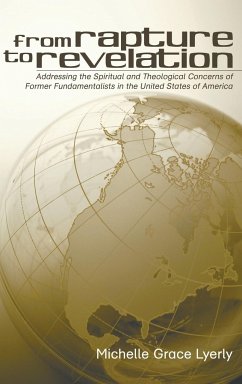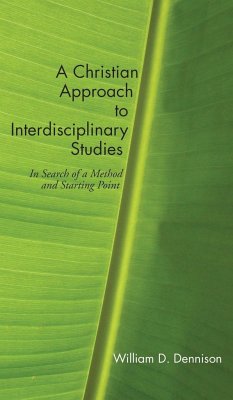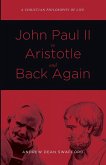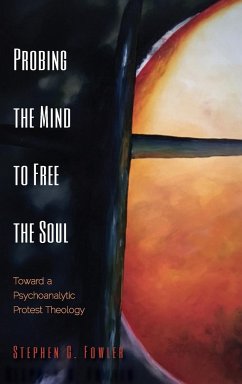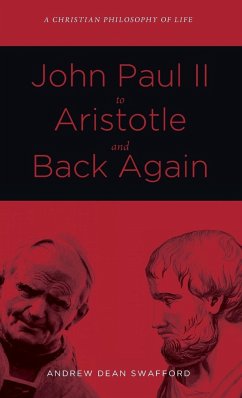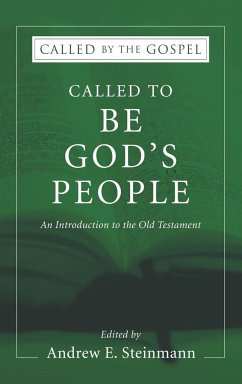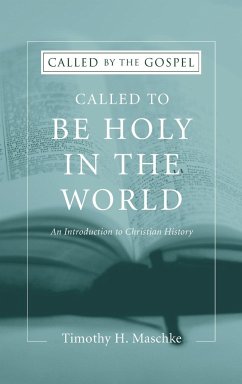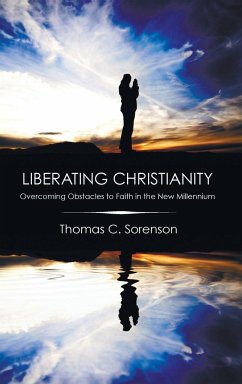Ever since the September 11, 2001 attacks on the World Trade Center in New York City, there has been a renewed interest in the area of Islamic fundamentalism. Consequently, the interest in Christian fundamentalism has shifted into the background, whereas it had been a chief concern of a number of authors since the 1970s. In 1993, the World Alliance of Reformed Churches (WARC), the Lutheran World Federation (LWF), and the Pontifical Council for Promoting Christian Unity (PCPCU) conducted a multilateral dialogue addressing the worldwide phenomena of Christian fundamentalism, and they eventually published a report on their findings entitled Christian Fundamentalism Today: The Papers and Findings of the WARC, LWF, PCPU Consultation, 22-26 February 1993 (ed. H.S. Wilson, Geneva: World Alliance of Reformed Churches, 1994). While such writings serve to inform the reader on the issue of Christian fundamentalism, they offer no practical steps on how ecumenically minded Christians can more effectively address the spiritual and theological concerns of those who are seeking refuge from the fundamentalist worldview, especially within the context of the United States. This work will focus on the problem of how ecumenically minded Christians could more effectively address the spiritual and theological concerns of former fundamentalists in the United States, especially when dealing with the difficult theological topics of biblical inerrancy and eschatology. Since evangelicals closely resemble fundamentalists in doctrine and practice, the author will approach this task by conducting a textual analysis of the documents that came out of some of the official bilateral dialogues between evangelical and non-evangelical groups in hopes that the results of these documents will offer some clues as to how to improve relations between former fundamentalists and ecumenically minded Christians, especially when it comes to dealing with the aforementioned theological issues.

